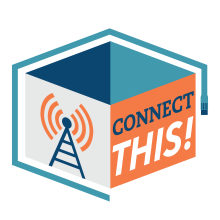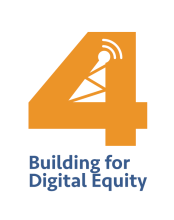BEAD: The Metamorphosis | Episode 109 of the Connect This! Show

Catch the latest episode of the Connect This! Show, with co-hosts Christopher Mitchell (ILSR) and Travis Carter (USI Fiber) joined by regular guests Kim McKinley (TAK Broadband) and Doug Dawson (CCG Consulting) to talk about major changes coming to the BEAD program and a grab-bag of other topics, including:
- Amazon drone delivery pauses in College Station, Texas
- A new report shows the Affordable Connectivity Program saved the federal government more than it cost
- The coming transformation of the BEAD program, and the likely minor and major changes to come: including removing the preference for fiber, eliminating planning requirements pertaining to climate change and service addenda like data caps, and much more.
- The announcement of Starlink Residential Lite
- Takeaways from the new OpenVault broadband usage report
- If some recent fiber provider news is revealing of the first provider closures
Join us live on March 7th at 2pm ET, or listen afterwards wherever you get your podcasts.
Email us at broadband@communitynets.org with feedback and ideas for the show.
Subscribe to the show using this feed or find it on the Connect This! page, and watch on LinkedIn, on YouTube Live, on Facebook live, or below.




